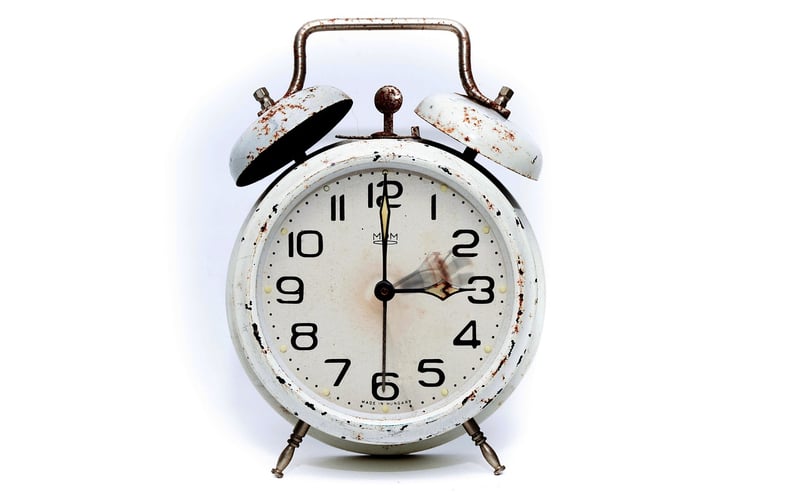Grandfather Paradox
Exploring the Moral Implications of Time Travel: The Grandfather Paradox
Time travel has been a fascinating concept in science fiction for decades, allowing storytellers to explore complex moral dilemmas and paradoxes. One such paradox that often arises in discussions about time travel is the Grandfather Paradox.
What is the Grandfather Paradox?
The Grandfather Paradox is a hypothetical situation in which a time traveler goes back in time and prevents their grandfather from meeting their grandmother. As a result, the time traveler's existence is negated, raising the question: If the time traveler was never born, how could they have gone back in time to prevent their grandparents from meeting?
Moral Implications
Exploring the Grandfather Paradox leads to profound moral implications. By altering events in the past, time travelers could inadvertently change the course of history and impact the lives of countless individuals. This raises ethical questions about the responsibility of individuals who have the power to manipulate time.
Time Loops and Causality
Some theories suggest that time travel could result in time loops or alternate timelines to resolve paradoxes like the Grandfather Paradox. However, these concepts introduce further complexities to the understanding of causality and free will.
Conclusion
While the Grandfather Paradox is a thought experiment, it serves as a compelling way to examine the ethical considerations of time travel. As we continue to delve into the possibilities and implications of altering the past, we are reminded of the delicate balance between intervention and respect for the natural progression of events.

For more intriguing discussions on time travel and its moral implications, check out Space.com's article on time travel.
